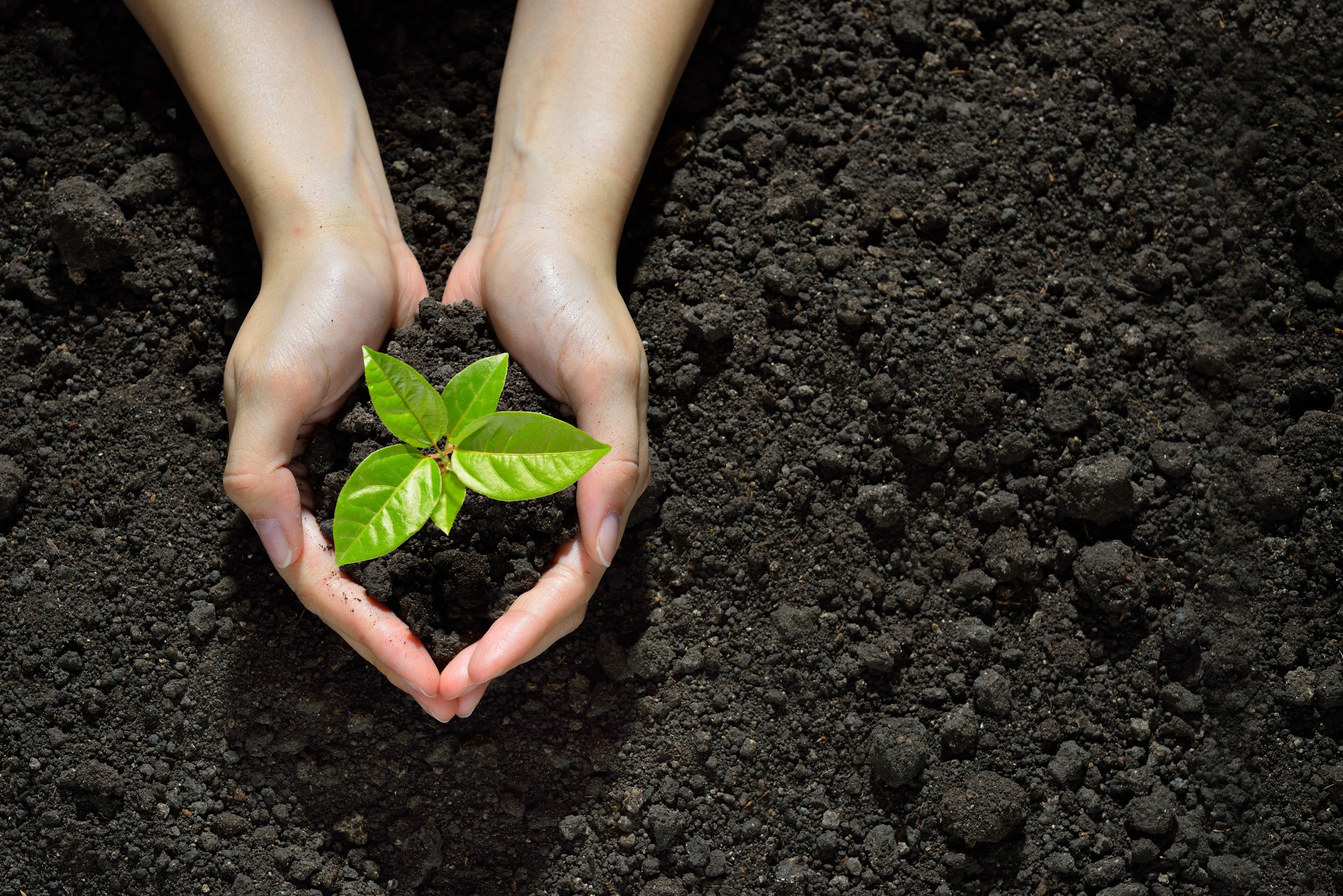Over 71 million households have a garden.
Gardening is a pastime enjoyed by people of all ages and backgrounds. It’s also an excellent way to get some exercise and fresh air while enjoying the natural beauty of your surroundings.
Gardening can help you relax, unwind and de-stress. It also provides an opportunity to get creative and enjoy being outdoors.
If you are looking for tips for growing plants in your garden, this short and simple guide is for you.
1. Choose the Right Location
The best place to grow your garden plants is somewhere where they will get plenty of sunlight and fresh air.
If you have a garden, try to find a location that gets at least six hours of sunlight per day. If your garden does not get enough sunlight, consider adding some artificial lights or moving your plants indoors.
Plants need plenty of water, so you must choose a location where there is no shortage of water.
2. Prepare the Soil
You should prepare your garden bed before you plant anything.
This will help the soil retain nutrients and moisture, which is essential for healthy growth. To prepare your garden bed, remove any weeds or debris, then add some compost to loosen up the soil and provide nutrients.
If you do not have any compost, consider buying some from a local garden center.
3. Select the Right Plants
Once your garden bed is ready, you can start planting.
It will be easier to choose plants that are appropriate for your climate if you know what growing zones you are in. To find out what zone your house is in, check with the USDA’s website.
You can also visit local nurseries and talk to staff members there about which plants will thrive in your area.
4. Provide Proper Watering
Once you have planted your garden, you will need to water it regularly.
If possible, set up a sprinkler system or drip irrigation so that you can water the plants at their roots instead of above ground. This will help prevent weeds from growing and make sure that your garden gets the right amount of water each time.
Be sure not to over-water your plants, as this will lead to root rot and other diseases. If you do not have an irrigation system set up yet, hand watering will work just fine at first.
5. Mulch Your Garden Beds
Mulching your garden beds will help keep weeds from growing, reduce soil erosion, and provide nutrients to your plants.
You can use any type of mulch you want, but it is important that it does not contain any pesticides or fertilizers. Organic mulches are the best option because they will break down over time, adding nutrients to your soil.
If you want to use mulch in your garden beds, be sure to apply it thickly. It should extend about an inch above the plant’s leaves, and it should cover all the soil between plants.
6. Practice Good Plant Spacing
Plant spacing is an important gardening technique that will help your plants grow better and stronger.
If you plant your plants too close together, they will compete for light, water, and nutrients. Planting them too far apart means their roots won’t be able to reach the water and nutrients they need to thrive.
There’s no perfect rule for how far apart plants should be, but it’s important to space them according to their size. If you’re looking for an easy way to space your plant, check out these Grow bags for plants.
7. Implement a Fertilization Routine
Fertilizing your plants regularly is the best way to ensure they stay healthy and productive.
You can use commercial fertilizer or compost. However, it’s also a good idea to add a few amendments like bone meal, greensand, and rock phosphate into your soil.
These amendments are rich in nutrients that will help your plants thrive.
8. Regularly Weed Your Garden
Weeds can be a major headache for gardeners.
If you don’t take care of them, they will steal all the nutrients from your plants and potentially spread disease. It’s important to monitor your garden and remove weeds as soon as they appear.
You can use a hoe or a weeding tool to dig them out, or simply pull the weeds by hand.
9. Keep Your Garden Organized
You may think that keeping your garden organized isn’t important. But it makes it easier for you to find what you need when you need it.
You can easily lose track of tools, gloves, and other items if they are in a pile or left out on the ground.
Use a toolbox or a bin to store all your gardening supplies. Mark important dates on your calendar so you remember when to water, fertilize and prune your plants.
10. Monitor for Pests and Diseases
You can’t control what bugs live in your garden. But you can control how you deal with them.
Keep an eye out for any signs of pests or diseases so that you can take action before they become a problem. Look for holes in leaves and stems, or discolored areas on plant leaves or fruit.
If you see any signs that your plants are under attack, act quickly. You can use organic pesticides to keep insects and other pests away from your garden.
11. Practice Proper Pruning
Pruning helps maintain the size and shape of your plants when you’re growing flowers, fruits, and more. It also improves airflow and light penetration, prevents disease, and stimulates growth.
You can prune your plants any time of year, but it’s best to wait until they are dormant. Dormancy occurs when a plant has gone through its growing season and stopped producing new leaves or flowers.
Growing Plants: Be Patient and Enjoy the Journey
Growing plants can be a rewarding hobby. It can also be a source of stress, especially if you are new to gardening.
It is important to remember that it takes time for plants to grow and it is not always an overnight process. However, if you take the time to implement good gardening practices, you can enjoy a beautiful garden.
Don’t forget to browse our site for advice on home, health, finance, and more.





Be First to Comment